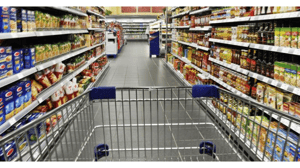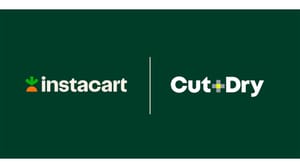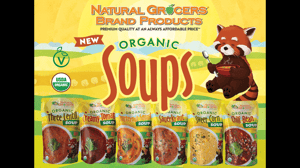'Sustainable' Values Entrenched at Migros
Unlike many supermarkets around the world, Switzerland-based food retailer Migros has had one eye on sustainability many years before it became both fashionable and critical. Speaking at the IGD Global Retailing conference, Daniel Furrer, head of the marketing business unit for nonfoods at Migros which operates like a cooperative and is owned by its 2 million members said that the company's
July 14, 2008
GLYNN DAVIS
LONDON — Unlike many supermarkets around the world, Switzerland-based food retailer Migros has had one eye on sustainability many years before it became both fashionable and critical.
Speaking at the IGD Global Retailing conference here, Daniel Furrer, head of the marketing business unit for nonfoods at Migros — which operates like a cooperative and is owned by its 2 million members — said that the company's ecological thinking began decades ago.
“As Migros does not have to give profits to shareholders, the owners get a sustainable business,” he said. “We've also been pioneers with our code of conduct for suppliers, on an international basis, which was produced in the 1990s.”
The company has also produced a sustainability report for many years, and it looked at the effects of climate change about 30 years ago, which led it to reduce its carbon-dioxide emissions by 57% in the 1990s. More recently it has started work on developing a carbon-dioxide emissions standard, for use internally and by suppliers, that will enable shoppers to compare similar products from different producers.
It is also unusual in producing 90% of its own products from its own factories, which were originally set up as a solution to the problems Migros encountered with suppliers that did not agree with its aggressive pricing policies when it opened for business in 1926 in Zurich.
Its vertically integrated model has helped it grow to 589 outlets that encompass hypermarkets, supermarkets and convenience stores with combined annual sales of 14.6 billion Swiss francs, or about $14.1 billion (U.S.).
Furrer said Migros has developed store-brand product ranges for shoppers looking for deluxe, premium, midlevel and basic products.
Its control over the production process has enabled it to more easily develop lines that fit with its long-standing views on sustainability. So, as well as creating healthy lines such as Actilife and Léger, the company has created an Engagement umbrella brand that is used on product lines that are organic, sustainable or Fair Trade, for example.
Migros continually launches product ranges that fit within these categories, such as its locally sourced range “from the region, for the region.”
90%
Store-brand mix at Swiss chain Migros.
Source: Migros
About the Author
You May Also Like




